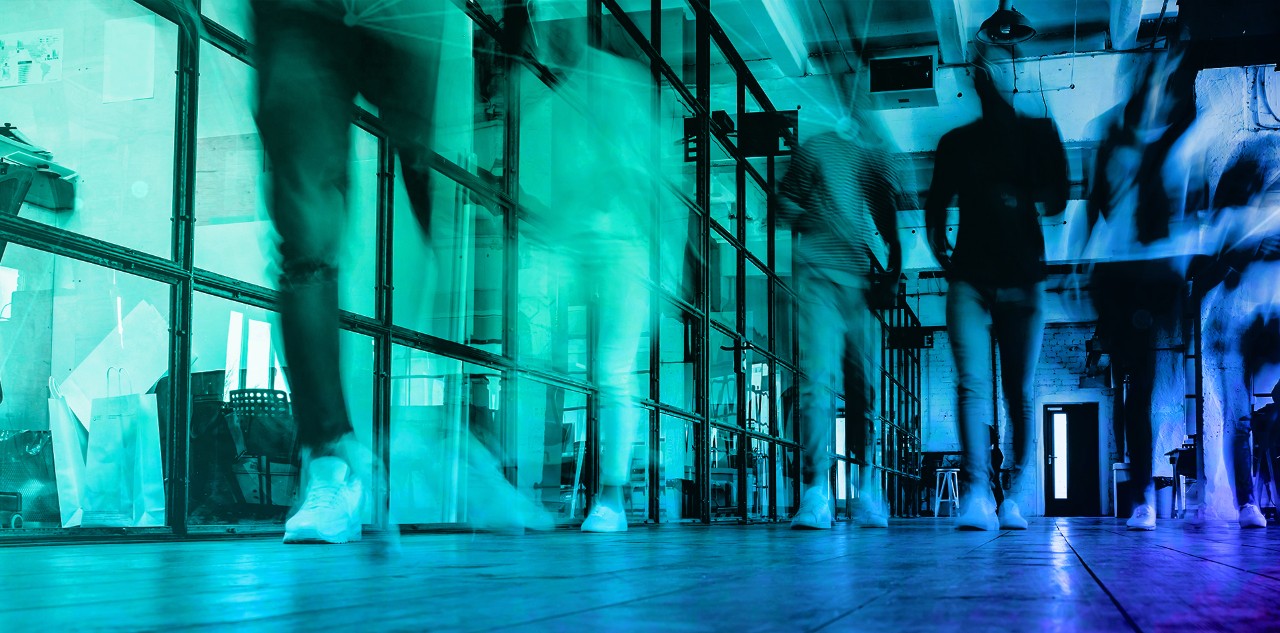As consumers increasingly buy online and cybercrime becomes more common and more sophisticated, now is arguably the most important time for luxury fashion houses to adopt a proactive approach to cybersecurity.
Where these businesses might once have simply invested in solutions that guard against attack, it is now apparent that they need to proactively test their systems for vulnerabilities and gain insights into the latest threats. This is likely to be particularly important for brands in the luxury sector.
Luxury brands under attack
When it comes to cybercrime, it’s not the case that successful and high-profile brands are protected by their prestige. If anything, these brands will be considered top targets by cybercriminals seeking maximum financial gain from their attack.
Cybercriminals launch ‘spoofing’ attacks against reputable brands specifically to exploit these brands’ existing credibility, which might involve creating fake websites, lookalike domains and bogus social media profiles. This can cause reputational damage to businesses, as well as financial losses for brands and their customers, stealing traffic, money and credit card details.
Luxury fashion houses need to consider a digital brand protection solution to defend against impersonations – whether that’s a counterfeit product or a fake domain – that pose significant financial and security dangers.
From cybersecurity to personalization at scale
Investing in cybersecurity solutions provides benefits beyond the obvious prevention of cyberattacks. These solutions enable brands to build resilience and earn consumer trust, which in turn results in shoppers being more willing to share personal data. As a result, luxury brands can use this data to launch personalized marketing campaigns at scale.
Getting to this point means ensuring security and privacy is in place when it comes to digital marketing systems and applications. For leading brands, this process is also being used as part of a wider assessment of how data is collected, stored and acted on across their people, processes and technology.
For most luxury brands, this will initially involve getting security and privacy right when it comes to digital marketing applications and systems. This focus on security minimizes the risk of missing out on opportunities because of consumers’ security concerns.
Luxury brands also have the opportunity to earn trust by placing data-protection controls for consumer-facing applications in the hands of the consumer. This improves the customer experience, while maintaining security and privacy.
Proactive monitoring and threat intelligence
Ultimately, luxury brands need to combine cutting-edge expertise with the latest solutions. Understanding threats, for instance, will prove difficult unless brands are able to sift through the huge amount of data online to identify truly malicious activity, such as spoof sites or fraudulent use of their brand identity.
It’s because of this that gaining insight into the true nature of existing and emerging threats through threat intelligence is crucial.
By proactively monitoring the dark web, while making use of the latest digital brand protection solutions that make use of machine filtering technology, brands can identify genuine threats and protect their business reputation
The wealth of data that exists means there are huge opportunities for luxury brands to offer greater personalization. At the same time, the growing sophistication of cybercrime means consumers could be hesitant to share data and concerned about fraud. The good news is that collaboration – combined with smart investment in digital brand protection – can prevent fraud and protect profits, while offering the opportunity to improve marketing effectiveness and enhance the consumer experience.




















